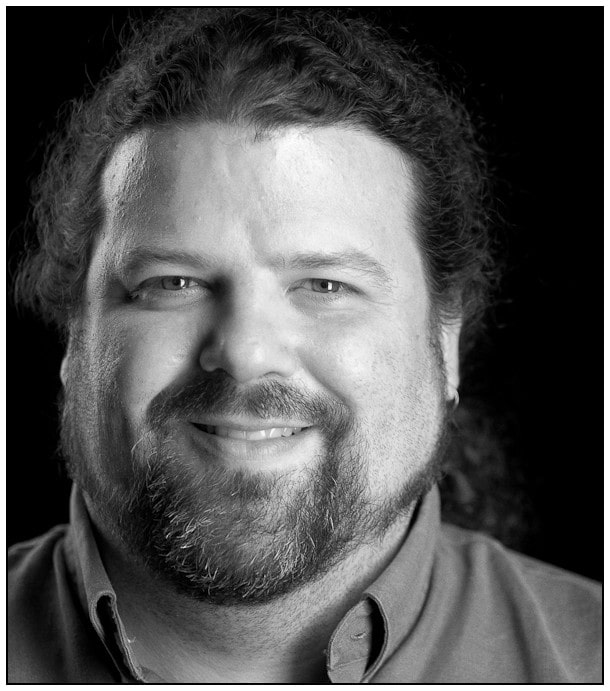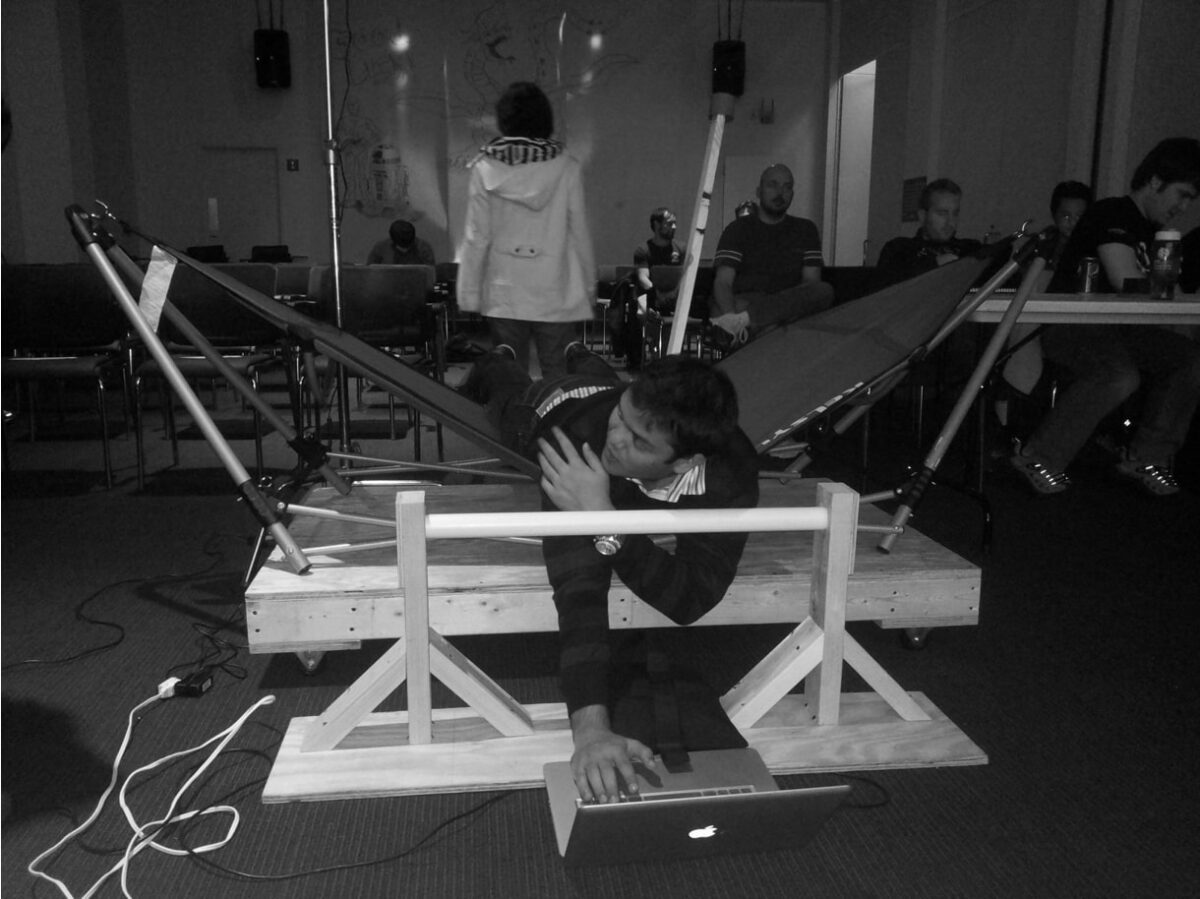Pausch went viral in 2007 thanks to an inspirational talk he gave while he was dying of cancer and later wrote “The Last Lecture,” a memoir with a similar theme of following one’s dreams.
But before that, in the 1990s, Carnegie Mellon University computer science professor Pausch was on sabbatical and took a trip to Disney’s R&D arm, Imagineering. His fascination with the way the program mixed disciplines led to the birth of the Entertainment Technology Center — a CMU hub offering a master’s program where computer science and the arts collide.
“The Entertainment Technology Center was all about artists and technologists working in small teams to make things. It was a two-year professional master’s degree, and Don [Marinelli] and I were two kindred spirits,” Pausch said in his now-famous speech given at CMU. “Anybody who knows us knows that we are very different people. And we liked to do things in a new way … and I want to stress, Carnegie Mellon is the only place in the world that the ETC could have happened.”
Flash forward roughly 24 years later, the Entertainment Technology Center, aka the ETC, has grown into a two-year program that has produced graduates including “The Last of Us” co-creator Neil Druckmann. Typically, ETC Director Drew Davidson told Technical.ly, students come to the center an unconventional way to work on their creative ideas while learning new skills.
“If you’re really interested in just doing technical coursework, that’s probably a master’s of science or a Ph.D. If you’re really just interested in working on your art on your own, if you’re really interested in the business aspects of things, finances and stuff, that’s an MBA,” Drew said. “We very much like MBAs, but what we focus on is design and development.”

Entertainment Technology Center Director Drew Davidson. (Courtesy photo)
In the early days, Davidson said, the idea from Pausch and then-co-director Marinelli was to create a master’s degree program because they thought a benefit of working with graduate students would be that they’d already have skills to bring to the table, as well as the capacity to learn more.
As a student of the Entertainment Technology Center, you can expect to take philosophy classes, a course called “Building Virtual Worlds,” and even improv acting classes.
Why improv? Per Davidson, it provides the opportunity for students to get to know each other and share ideas during their first semester. (Yes, and.)
“We just like the idea of the students having to think about philosophy, sharing credit, sharing ideas, and sort of focusing on serving the narrative, or the projects and the goals,” the director said.

Entertainment Technology Center students. (Courtesy photo)
Within the program, students can also explore research related to their long-term goals with faculty, or pitch projects to local organizations and companies such as the Children’s Museum of Pittsburgh or Google, which has led to plenty of mutually beneficial partnerships over the years.
Thanks to a connection through Remake Learning, ETC also supports the Makeshop, a permanent exhibit in partnership with Children’s Museum of Pittsburgh, that allows children to play with tools used by professional artists and programmers under the guidance of educators.
“We’ve found being a part of that fulfilling for our students,” Davidson said. “You’re getting the kids, but you also get this intergenerational thing because the kids are there with their parents or their grandparents. You [need] to think about designing something that basically a family can experience together.”
What started out as an idea between Pausch and Marinelli more than two decades ago has grown into a program that takes in 75 students per year and has collaborated with the likes of Amazon, the Sesame Workshop and even the White House Office of Science and Technology. What’s important to remember about the ETC, Davidson said, is that just as Pausch hoped it’d be, it’s a space that prioritizes creativity with structure.
“It’s sort of like what Randy said back in the day, he liked to say it is the world’s greatest playground with an electric fence,” Davidson said. “And what he meant by that is, we want people to do amazing things within constraints. Creativity happens within constraints.”
Atiya Irvin-Mitchell is a 2022-2024 corps member for Report for America, an initiative of The Groundtruth Project that pairs young journalists with local newsrooms. This position is supported by the Heinz Endowments.
This editorial article is a part of Entertainment Tech Month of Technical.ly’s editorial calendar.
Before you go...
Please consider supporting Technical.ly to keep our independent journalism strong. Unlike most business-focused media outlets, we don’t have a paywall. Instead, we count on your personal and organizational support.
3 ways to support our work:- Contribute to the Journalism Fund. Charitable giving ensures our information remains free and accessible for residents to discover workforce programs and entrepreneurship pathways. This includes philanthropic grants and individual tax-deductible donations from readers like you.
- Use our Preferred Partners. Our directory of vetted providers offers high-quality recommendations for services our readers need, and each referral supports our journalism.
- Use our services. If you need entrepreneurs and tech leaders to buy your services, are seeking technologists to hire or want more professionals to know about your ecosystem, Technical.ly has the biggest and most engaged audience in the mid-Atlantic. We help companies tell their stories and answer big questions to meet and serve our community.
Join our growing Slack community
Join 5,000 tech professionals and entrepreneurs in our community Slack today!

The person charged in the UnitedHealthcare CEO shooting had a ton of tech connections

From rejection to innovation: How I built a tool to beat AI hiring algorithms at their own game

Where are the country’s most vibrant tech and startup communities?




